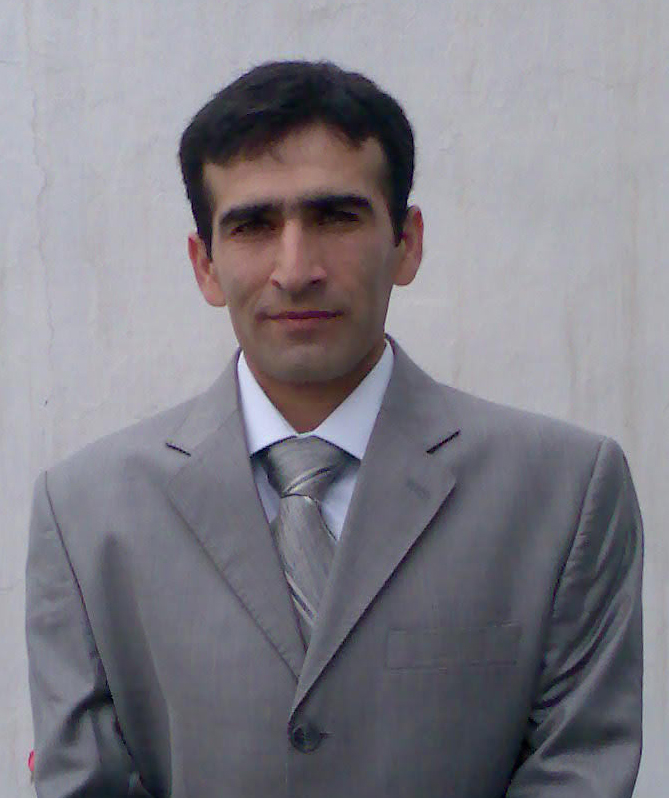Muslim Modernism in Daghestan (1900 - 1930)
The movement of Muslim reformers known as Jadidism appeared in Daghestan in the early twentieth century. Being under the Russian rule, the Jadids proposed to develop the Islamic thought, and law in line with the new realities. There were two forms of this movement, namely reformation of education and reformation of Muslim legal school. The first group of scholars proposed only reformation of Islamic school system, while supporting the theological tradition (taqlīd) of the Shāfi‘ī legal school (madhhab). The second party of reformers went further and besides the reform of education, they called for revision of four religious schools of the Sunnī Islam and advocated independent judgments on the matter of Islamic law (ijtihād). Sufism and the idea of taqlīd were objects of harsh criticism – of the supporters of ijtihād. For this reason the imperial and later – Soviet authorities supported the Jadid movement in Daghestan. Jadidids, with their rational approach to Islam and to education, emerged as a major partner to the bolsheviks and were incorporated into the Soviet educational system. It certainly ended with the onset of collectivization (ca. 1929-1933); many prominent Jadids were later, in the years of the Red Terror, executed or sent into exile.
Still, Jadidism survived. It was the Jadidi critique of Sufism as “superstition” that was later taken over by the Soviets, and by the Soviet official North Caucasian Islamic Spiritual Administration.
Shamil Shikhaliev is Senior scientific researcher at the Institute of History, Archeology and Ethnography, Dagestan Scientific Center of Russian Academy of Sciences; Head of the Department of Oriental Manuscripts of the IIAE and he is currently Fellow of the “Gerda Henkel Stiftung”, Ruhr-Universität Bochum, Germany. His research focuses on Islam in Dagestan (medieval and modern periods), esp. Sufism, Islamic law, and history; Jadidism; Islamic networks of education; historical-philological study of Arabic manuscripts. His recent publications include Downward Mobility and Spiritual Life: The Development of Sufism in the Context of Migrations in Daghestan, 1940s – 2000s, in: Migration, De-Stalinisation, Privatisation and the New Muslim Congragations in the Soviet Realm (1950s – 2000s), ed. by Stephane A. Dudoignon / Christian Noack. (Klaus Schwarz Verlag. Berlin.) 2014; Sufische Bildung in Dagestan, in: Repression, Anpassung, Neuorientierung. Studien zum Islam in der Sowjetunion und dem postsowjetischen Raum, ed. Raoul Motika, Michael Kemper, Anke von Kuegelgen, (Berlin: Dr. Ludwig Reichert Verlag (Wiesbaden), 2013) and (with M Kempler) Administrative Islam: two Soviet fatwas from the North Caucasus in: Islamic Authority and the Russian Language: Studies on Texts from European Russia, the North Caucasus and the West Siberia, ed. by Alfrid K. Bustanov and M. Kemper. (Amsterdam, «Uitgeverij Pegasus». Amsterdam. 2012).

